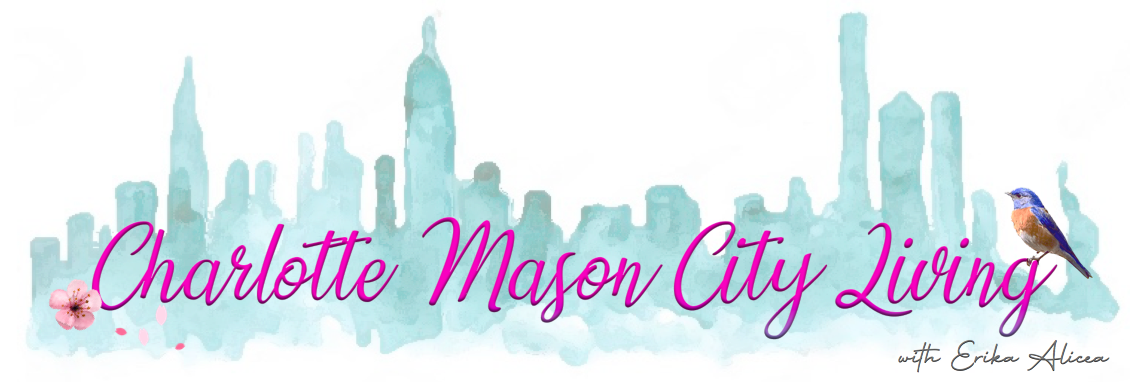"Roots: The Saga of
an American Family"
by Alex Haley
The TV series phenomenon Roots was released the year I was born so I was too young to experience the monumental shift in how Americans viewed their nation’s history. I did, however, grow up in the cultural awareness of our complex history as a result of this movie. But nothing compares to actually reading Alex Haley’s epic novel.
“Roots: The Saga of an American Family” is based on Haley’s ancestors, starting with a Gambian youth who is kidnapped and sold into slavery. The narrative continues well into the generations and Haley masterfully tells the experiences of his family kept alive through oral history, experiences shared by many enslaved people of the African diaspora and their descendants.
Haley immerses us in his family’s world, enabling us to feel their pain, their fears, their heartbreaks as well as the comfort they find within each other and whatever sense of identity they can hold onto when everything else is stripped away.
Without question, I highly recommend this as a high school classic, not only because it won the Pulitzer Prize and brought upon a cultural revolution. But also because 2 centuries of world history comes to life for the reader through Haley’s powerful words.
Though much of the book is fictionalized, Haley did extensive research on his lineage and wrote:
To the best of my knowledge and of my effort, every lineage statement within Roots is from either my African or American families’ carefully preserved oral history, much of which I have been able conventionally to corroborate with documents. Those documents, along with the myriad textural details of what were contemporary indigenous lifestyles, cultural history, and such that give Roots flesh have come from years of intensive research in fifty-odd libraries, archives, and other repositories on three continents.
The most recent audiobook narrated by actor Avery Brooks (who my hubby loved in “Star Trek: Deep Space Nine”) is also excellent. Roots contains all kinds of accents and dialects, including African, British, Southern American (of various classes), and that of enslaved characters. The story becomes even more alive when read as it was intended to be read by professional actors/narrators.
Though I highly recommend “Roots” as a high school classic, I would caution to assign for 11th or 12th grade due to the graphic violence and inhumane treatment of other human beings.

